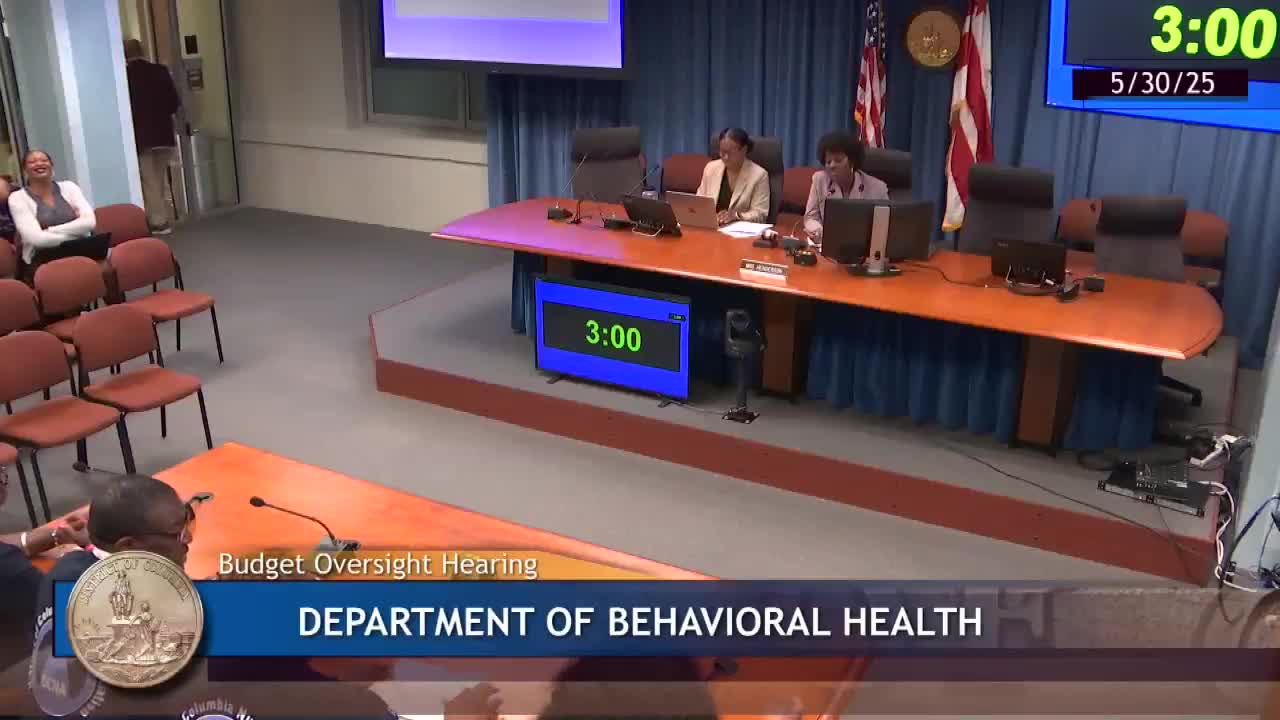Article not found
This article is no longer available. But don't worry—we've gathered other articles that discuss the same topic.
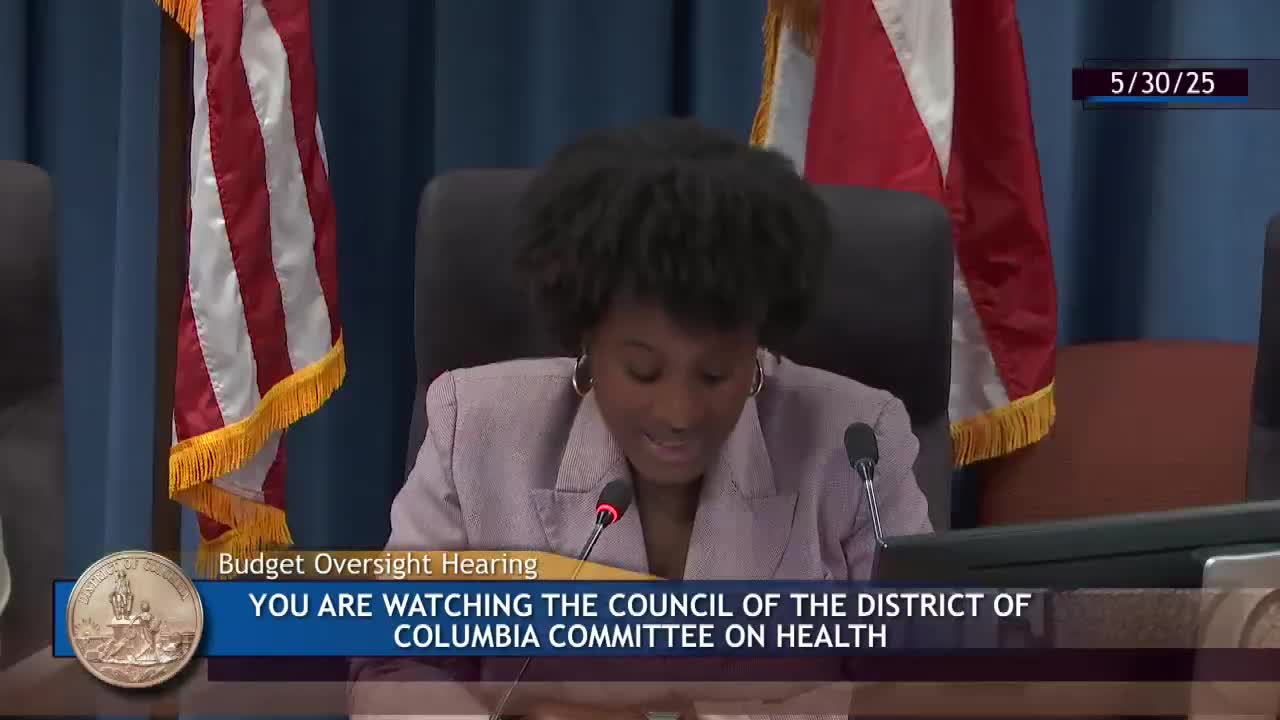
Parents and providers warn FY26 cuts would destabilize DC school-based behavioral health program
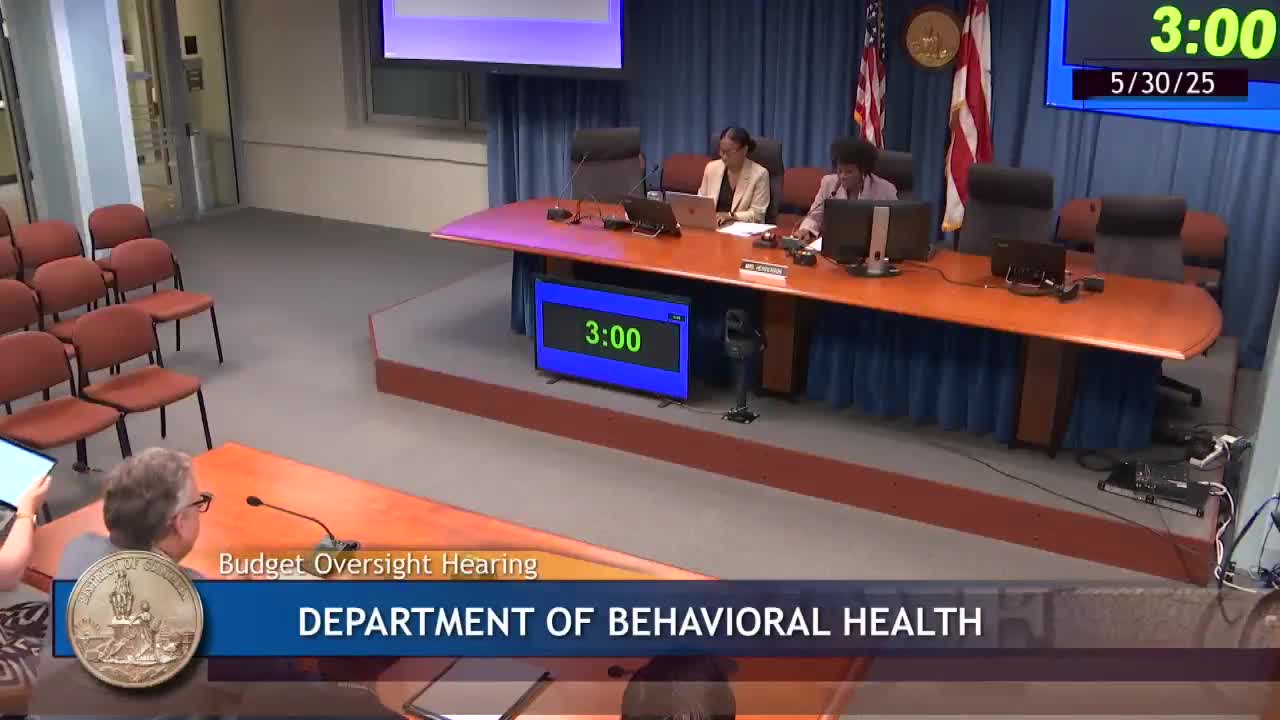
Opioid advocates urge DC to switch to generic naloxone for roughly 20% cost savings
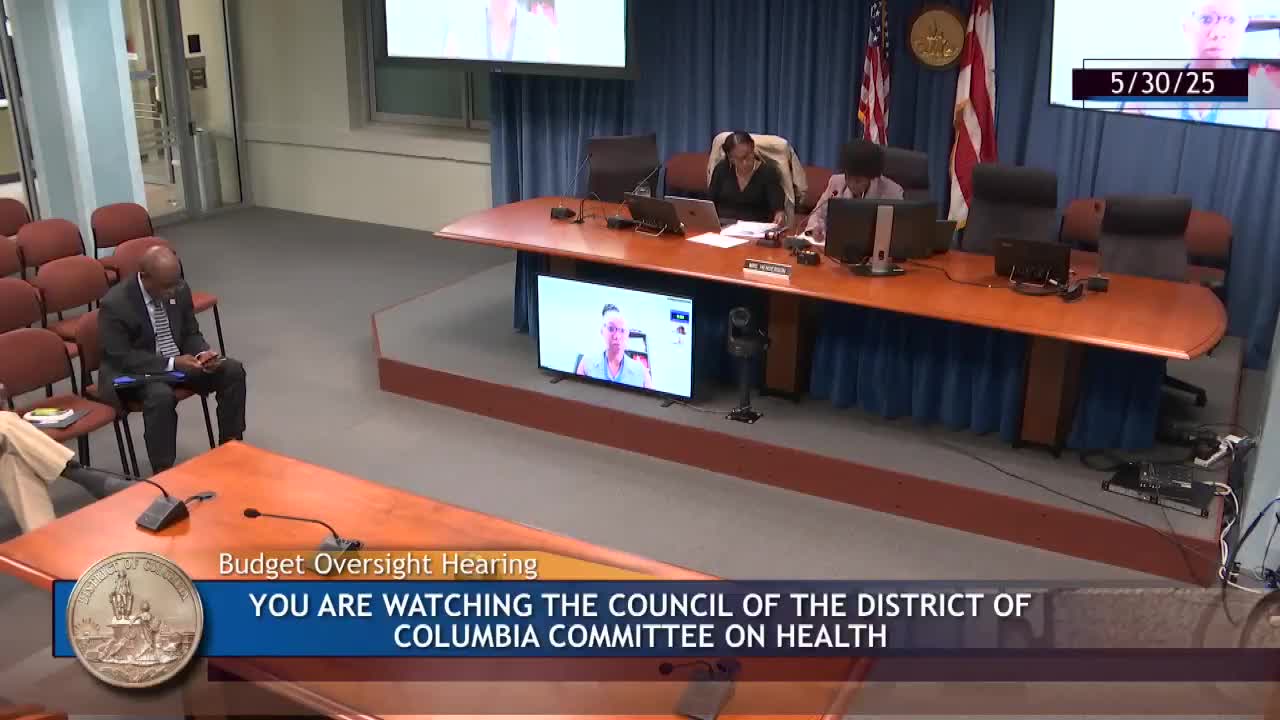
Early‑childhood centers urge Council to restore Healthy Futures funding to support behavioral health consultants
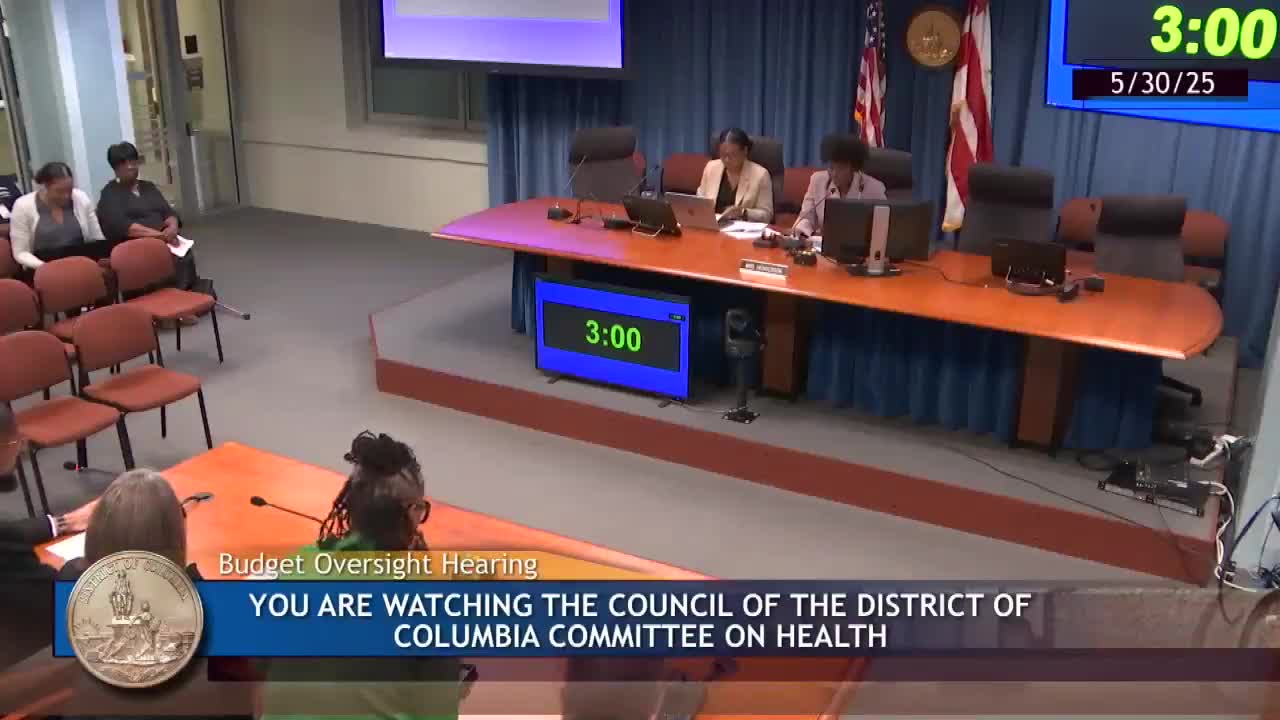
Providers warn cuts to youth crisis teams, court urgent care and community supports will reduce access to care
